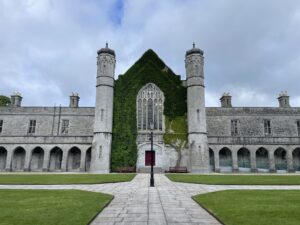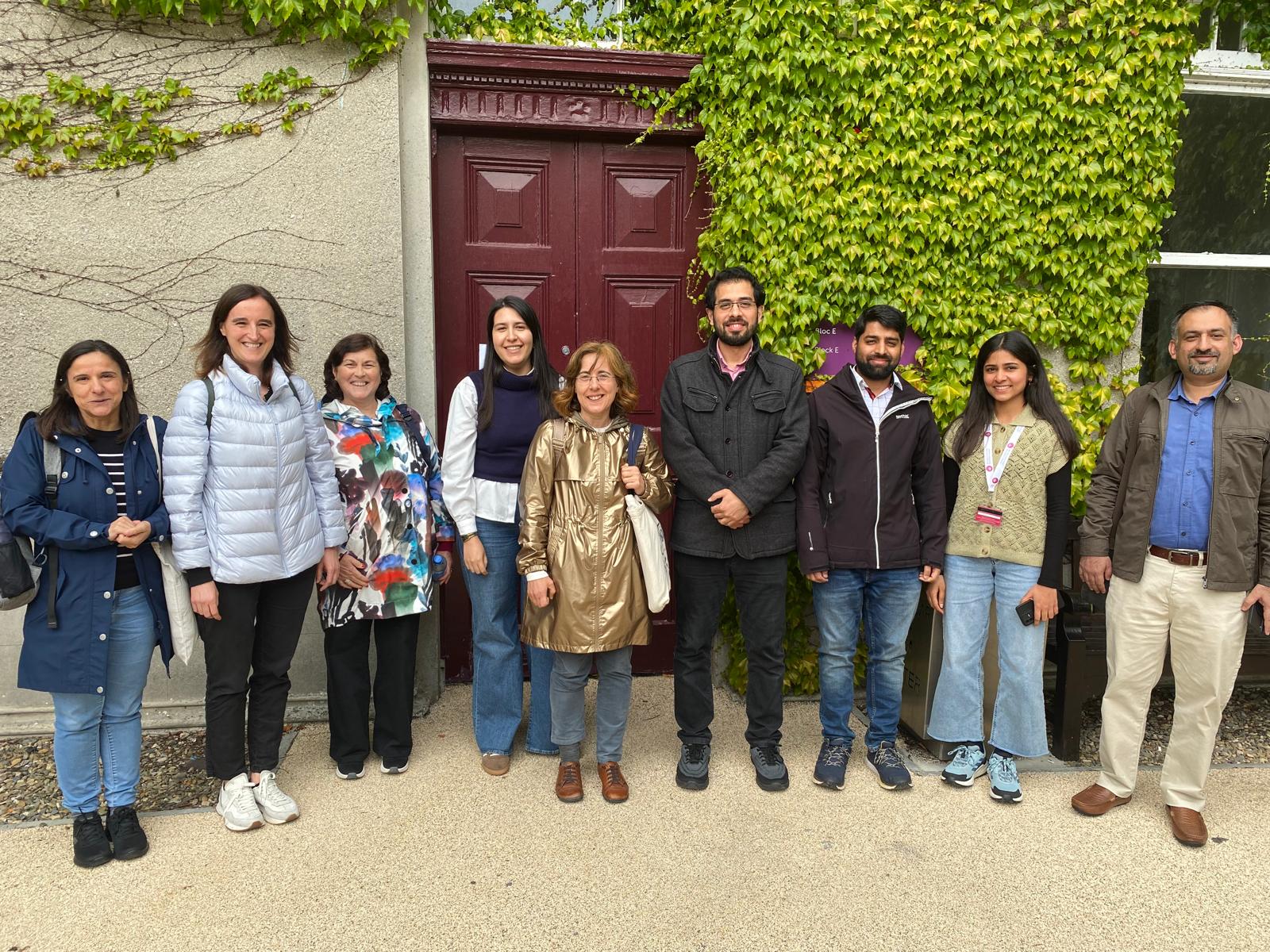From May 27 to 29, Tec Labs participated in a workshop hosted by the 3BATWIN consortium at the Translational Medical Device Lab at the University of Galway, Ireland. The event brought together FC.ID and Ciências project managers and technology transfer professionals to explore the pathway from biomedical research to marketable innovation.

The workshop kicked off with Project Scouting via Biodesign, led by Professor Martin O’Halloran, where participants tackled the challenge of detecting breast cancer in patients with dense breast tissue. We explored the issue from multiple perspectives – patients, physicians, and the healthcare system – to uncover shared pain points and highlight viable innovation opportunities that could rise from all perspectives.
Then, Áine Thaidhg joined in to talk about research impact frameworks and how they should be implemented in our Institutions. She guided us through the Theory of Change, emphasizing the importance of planning for societal impact from the earliest stages of research design.
In the afternoon, John Sweeney led a session on IP and Licensing, underlining the strategic difference between licensing and spinning out technologies. Licensing may seem easier but can be more challenging when companies are not ready. Spin-outs, while demanding, often offer greater control and alignment. Sweeney also introduced the distinction between research entrepreneurs and entrepreneurial researchers, helping participants reflect on their own paths within innovation ecosystems.
On May 28th, a session with Oonagh Dwane kicked off the day, offering a behind-the-scenes look at the University of Galway’s funding infrastructure, including a centralized platform where open EU calls are shared across departments to promote strategic alignment.

This was followed by Dr. Gary Lupton’s session on promoting EU funding applications, where a key takeaway was that the most academically outstanding researchers don’t necessarily attract the most funding. Success depends on how well proposals align with funding goals, demonstrate strategic thinking, and convey measurable impact.
Then, the focus shifted to the European Innovation Council (EIC).
In the first session, Alison Liddy, co-founder of Relevium Medical provided a practical guide for creating strong EIC Pathfinder applications, highlighting how to connect research vision to early-stage innovation.
In a complementary talk, Dr. Bárbara Oliveira, co-founder of Luminate, shared her journey to securing funding. She emphasized the importance of identifying the right timing to apply – when a company is mature enough to demonstrate product-market fit and scalability. She also reflected on the process of building a portfolio of products, grounded in validation and market need
In the late afternoon, Martin O’Halloran returned for a session evaluating five HealthTech startups from an investor’s perspective. We discussed how factors like market size, disease incidence, regulatory complexity, and clinical trial burden determine how investable a business idea really is – insight critical to researchers aiming to commercialize their work.
The final day included a session on Business Plan Development with Fiona Neary, where participants explored how to craft flexible, iterative business plans. Neary emphasized the need to constantly refine plans over time – and to always account for worst-case scenarios such as regulatory delays, tax increases, or failed trials, ensuring long-term resilience.

Then, Ben Zeigerink and Adam Hardy shared insights during “The Voice of the Investor” session. They provided practical tips for early-stage startups looking to attract investment on keeping the pitch deck simple, avoiding excessive technical jargon, outlining clearly the market size, investment ask, and use of funds and highlight milestones already achieved. Their advice reinforced the need to balance scientific credibility with clear, compelling business storytelling when engaging with investors.
The workshop ended with Meave Kernan on the practical implementation of clinical trials including the challenges in patient recruitment, protocol execution and compliance, giving us a full picture of clinical research execution.
The 3BATWIN workshop was a deep dive into the entrepreneurial journey of launching a medical device into the market, offering us real tools, investor insights, and peer learning opportunities to turn scientific potential into scalable innovation.
We are really grateful for the opportunity!







